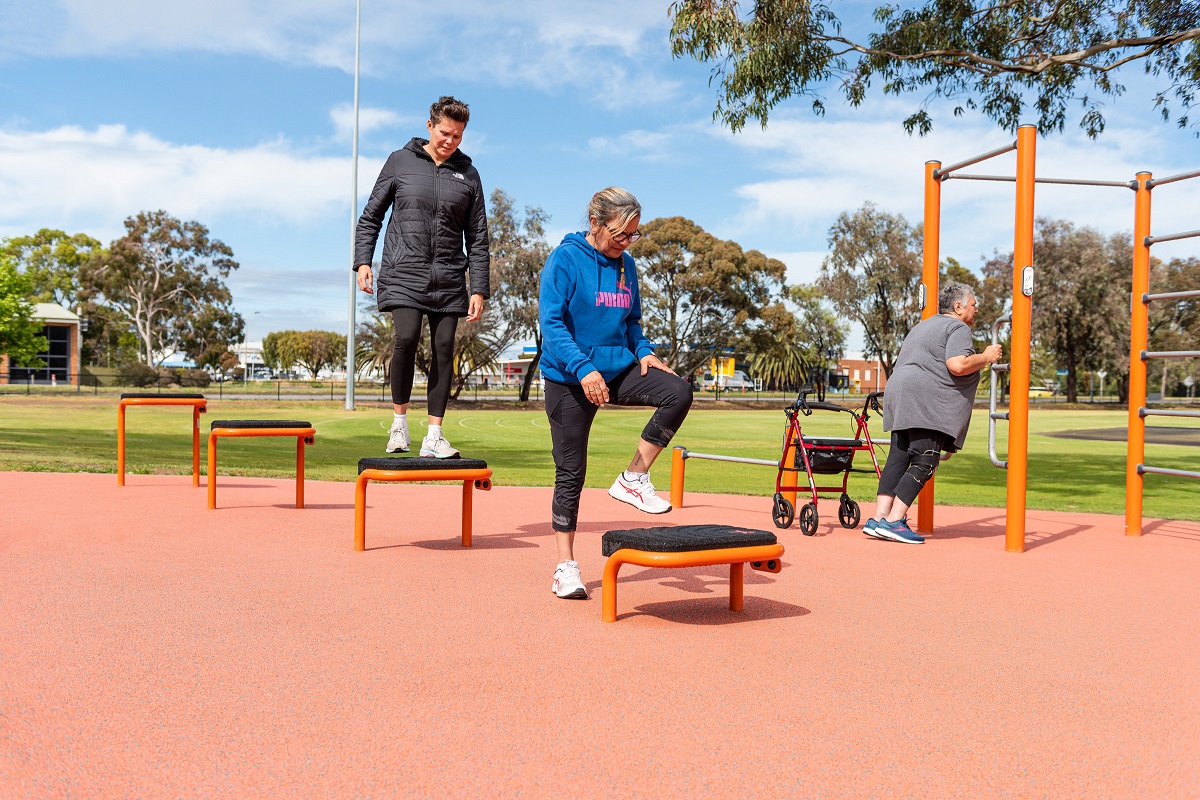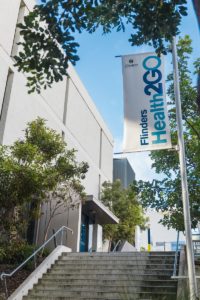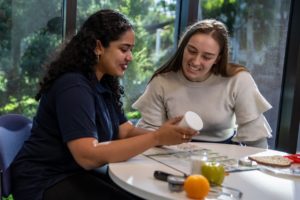
A new project delivered through the Health2Go clinic will see Flinders University students provide a free interprofessional allied health service aimed at supporting individuals who are living with or at risk of developing chronic conditions.

Co-developed with not-for-profit organisation Sonder, Kickstart Your Health is an evidence-based, six-week program incorporating group exercise and nutrition programs along with individual allied health support, all managed through a central element of care coordination.
The program will target community members aged 16 years and over, supporting the prevention, delay and management of chronic conditions by implementing healthy lifestyle changes. It is the first program of its kind to be delivered to groups in metropolitan Adelaide, having already achieved success when trialled in parts of regional South Australia.
As a student-led program, Kickstart Your Health will be integrated within Health2Go, according to project lead Dr Olivia Farrer and will enable people to access interprofessional care when they need it.
“We are trying to support people in managing their health before complications occur and they need to access acute services,” says Dr Farrer.

Services will be delivered by final year students across Nutrition and Dietetics, Exercise Science and Physiology, and Occupational Therapy, with the support of senior Clinical Supervisors. Up to six students will be involved at any one time, to test the skills they have learned in a real-world environment.
“By leading these services, our final-year students can draw on their theory learning and clinical experience so far, which will form a shared learning opportunity with inter-professional student colleagues and real patients. They’ll be given the chance to practice skills, including soft skills, they may not yet be 100% comfortable with, supported by a safety net,” says Dr Farrer.
“From a research perspective, I’ll be looking at how we can bring the lived experience of the patient into the student’s learning. I believe the patient can be the educator.”
The project has been made possible by Wellbeing SA’s Chronic Disease Integrated Partnership Grants program, with a pilot program set to begin later this month.

